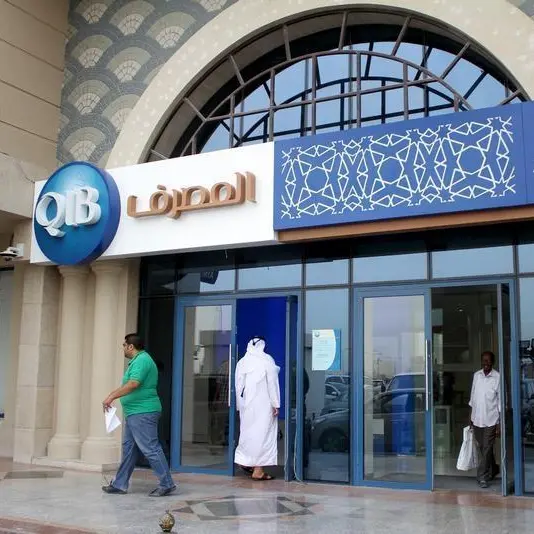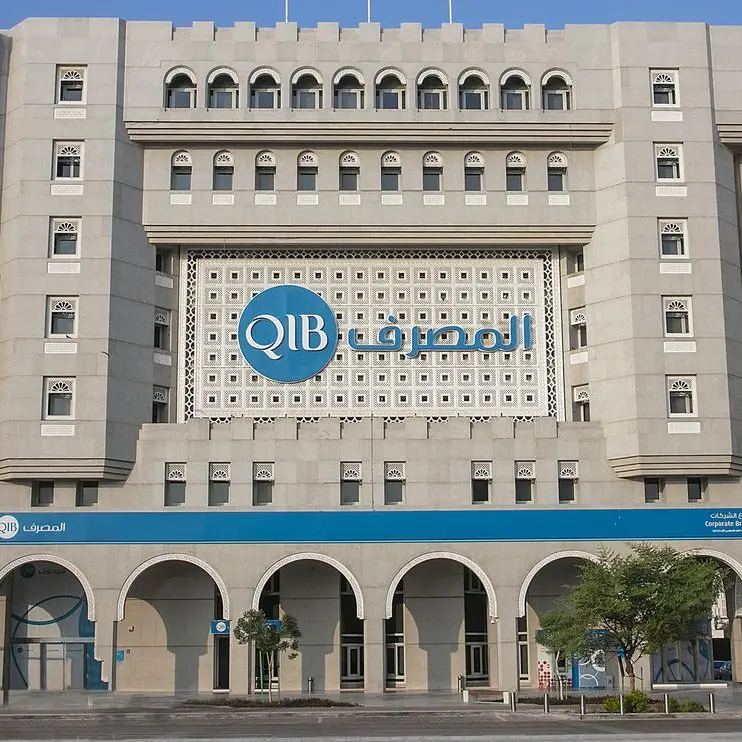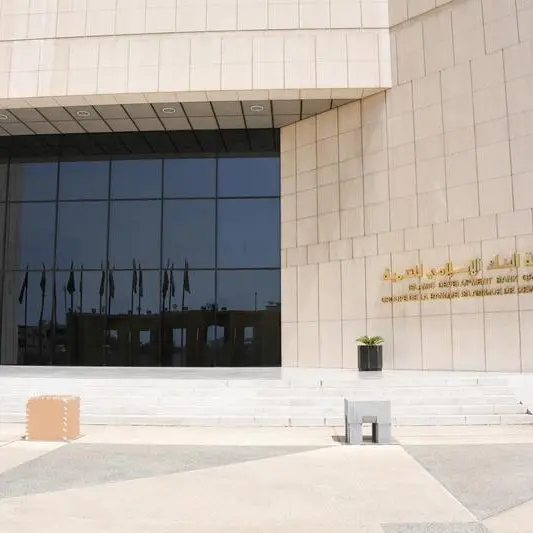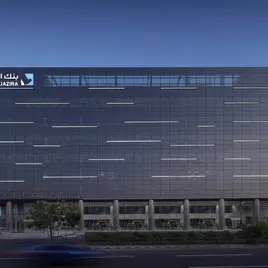PHOTO
Some experts believe that Islamic banks in the region have not achieved the desired economic development in most Arab and Islamic countries. However, they contribute to some important commercial aspects and still have significant untapped potential. This answer prompts us to discuss the matter, which many hope will achieve further positive developments in existing economies, provide greater support to commercial and industrial communities in the region, and help promote sustainable development. Some see the need for these banks to support industrial projects, in addition to contributing to the establishment of more commercial ones and supporting youth projects, and promoting them in industry so that there will be no total reliance on imported products and goods. Everyone knows that Islamic banks play a pivotal role in achieving a balance between financial activity and adherence to ethical and religious values in societies, particularly in the Islamic world.
Meanwhile, relevant authorities must provide Islamic banks with the opportunity to compete fiercely with conventional banks and support their staff with the necessary expertise and competencies. This requires a greater role for banking experts in this important sector, which strives to avoid, as much as possible, confusing what is permissible and what is forbidden, and avoid operating in dubious sectors. Undoubtedly, these matters also depend on the nature of each country’s financial system, economic policies, and the extent to which Islamic banks adhere to their principles. As we know the Islamic banks, in their daily operations operate within Islamic laws that rely on financing formulas based on participation (such as mudaraba and musharakah), which encourages project financing rather than consumption. Over the past decades, they have succeeded in attracting a segment of the population who had previously avoided conventional banks for religious reasons and in their efforts to achieve financial inclusion.
During some previous crises, Islamic banks performed relatively well during the 2008 global financial crisis due to their avoidance of complex products and derivatives, demonstrating resilience during such crises. However, Islamic banks still face numerous challenges, including a lack of genuine commitment to Islamic principles. It has been shown that these banks sometimes use Islamic financing formulas only nominally, without any fundamental difference from conventional interest-based loans. They also suffer from a lack of financial innovation, meaning that they often copy conventional products rather than developing new financing instruments that take development into account.
Today, they must increase their focus on long-term financing, rather than short-term, to enable institutions to engage in long-term productive development projects. This requires Islamic banks to shift their focus from financing real estate and consumer goods to financing productive projects and supporting small and medium-sized enterprises.
These issues require providing Islamic banks with qualified personnel and increasing awareness of these issues among employees and customers. Today, there are several major Islamic banks in the region, such as Al Rajhi Bank and Bank Albilad, Kuwait Finance House - established in 1977, Dubai Islamic Bank, the world’s first commercial Islamic bank (1975), Qatar Islamic Bank (QIB), along with Bahrain Islamic Bank, all of which have a long history of supporting the local economies with Sharia-compliant products.
We in the Sultanate of Oman must benefit from the experiences of these institutions to support the country’s existing economic projects. Our Islamic banking experience is now entering its third decade, and we need more expertise to activate the activities of these institutions and engage in long-term development projects.
During some previous crises, Islamic banks performed relatively well during the 2008 global financial crisis due to their avoidance of complex products and derivative
2022 © All right reserved for Oman Establishment for Press, Publication and Advertising (OEPPA) Provided by SyndiGate Media Inc. (Syndigate.info).





















